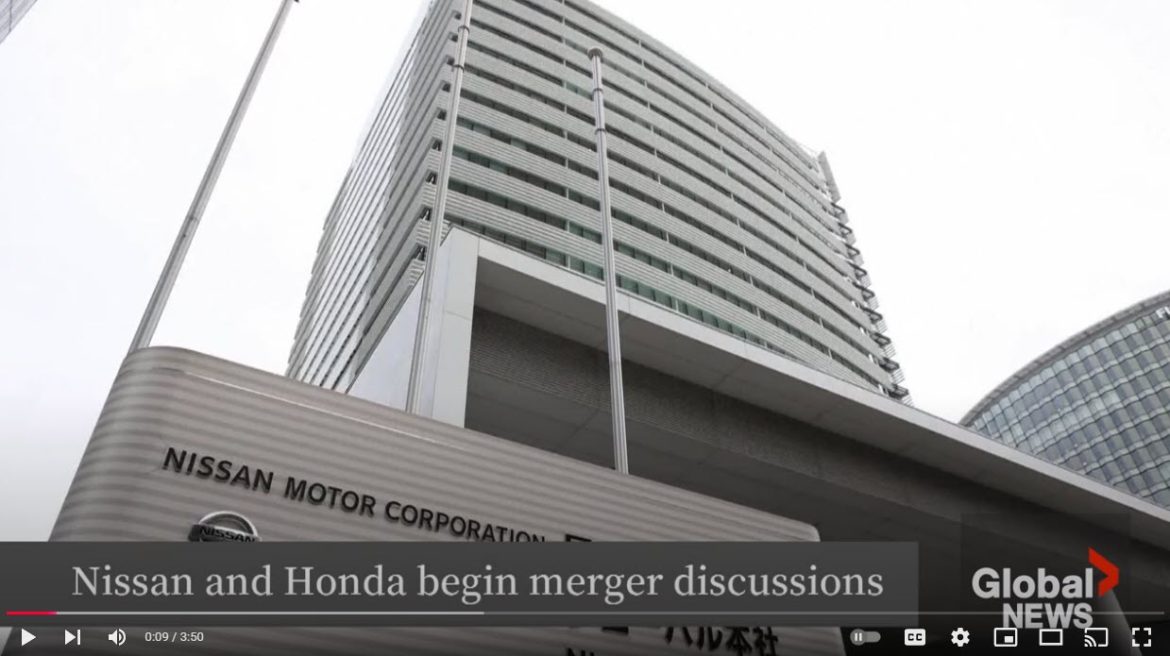In a groundbreaking announcement from Tokyo, Japanese automakers Nissan and Honda reveal plans to explore a potential merger, signaling a major shift in the global automotive industry. The two companies, long considered rivals, confirm they will engage in negotiations over the next six months to determine the feasibility and structure of the merger. If successful, the alliance would establish the world’s third-largest automaker, behind only Toyota and Volkswagen in global sales.
The proposed merger comes as both companies face mounting challenges in the rapidly evolving automotive market. With increasing competition from Chinese automakers and the growing dominance of electric vehicle manufacturers like Tesla, Nissan and Honda see collaboration as a strategic move to maintain competitiveness and accelerate innovation. By pooling resources, the two automakers aim to strengthen their foothold in traditional markets while expanding their presence in the electric and autonomous vehicle sectors.
Executives from both companies emphasize the merger’s potential benefits, including shared research and development efforts, economies of scale, and a more robust global supply chain. The companies also highlight their mutual commitment to sustainability, innovation, and responding to consumer demand for cutting-edge technologies and environmentally friendly vehicles.
Under the proposed timeline, Nissan and Honda plan to establish a holding company by August 2026 to oversee the merged entity’s operations. While details of the leadership structure and financial terms have not been disclosed, analysts predict the merger could lead to significant cost savings and increased production efficiency. However, integrating two distinct corporate cultures and operational strategies is expected to pose challenges.
Industry experts view the merger as a bold response to the shifting dynamics of the automotive industry, where the rise of electric vehicles and increasing regulatory demands are reshaping the landscape. Nissan and Honda’s combined resources could enable them to compete more effectively with global giants while also addressing the growing influence of Chinese automakers in emerging markets.
The announcement has sparked significant interest among investors, with shares of both Nissan and Honda experiencing an uptick following the news. The potential merger is being closely monitored by governments and regulators, particularly in Japan, where the automotive sector is a cornerstone of the economy.
As talks progress, the global automotive community awaits further details on how the merger will unfold and its implications for the industry’s future. If successful, the alliance could redefine the competitive landscape, offering a glimpse into the future of collaborative innovation in the automotive world.



